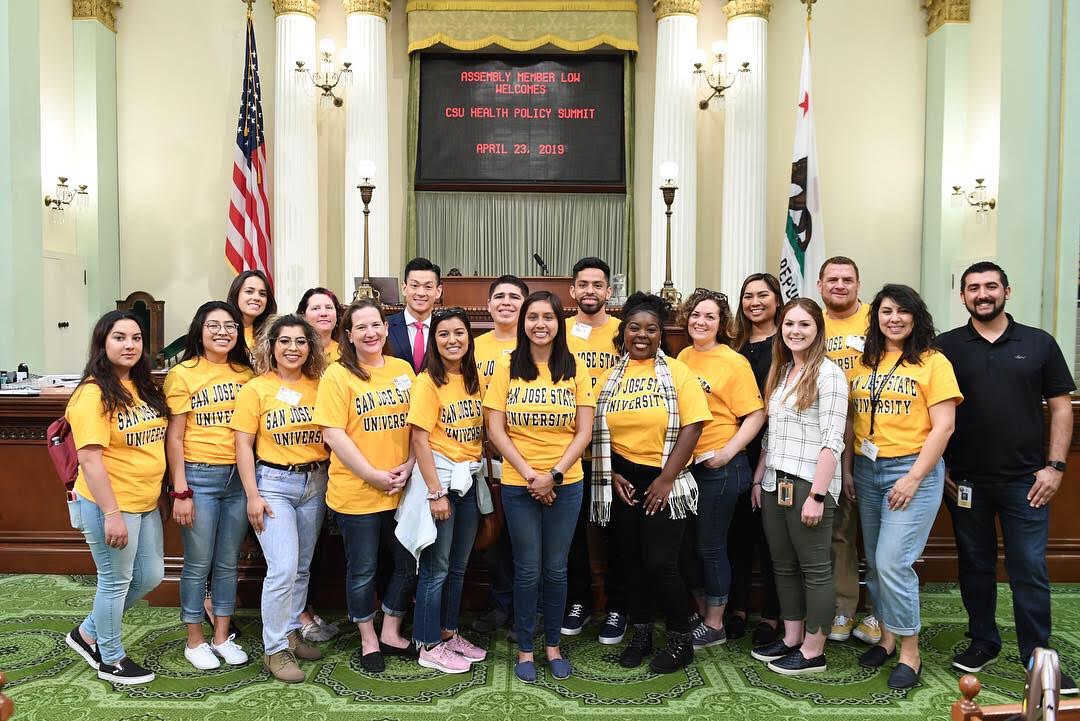
Commitment to Student Success:
We offer student-centered curricula to respectfully meet the complex, dynamic needs of our diverse students where they are, to ensure the success of each and every student. This student-centeredness is ingrained within everything we do, by paying close attention to the best interests of our students through our student advising, mentoring, and support.
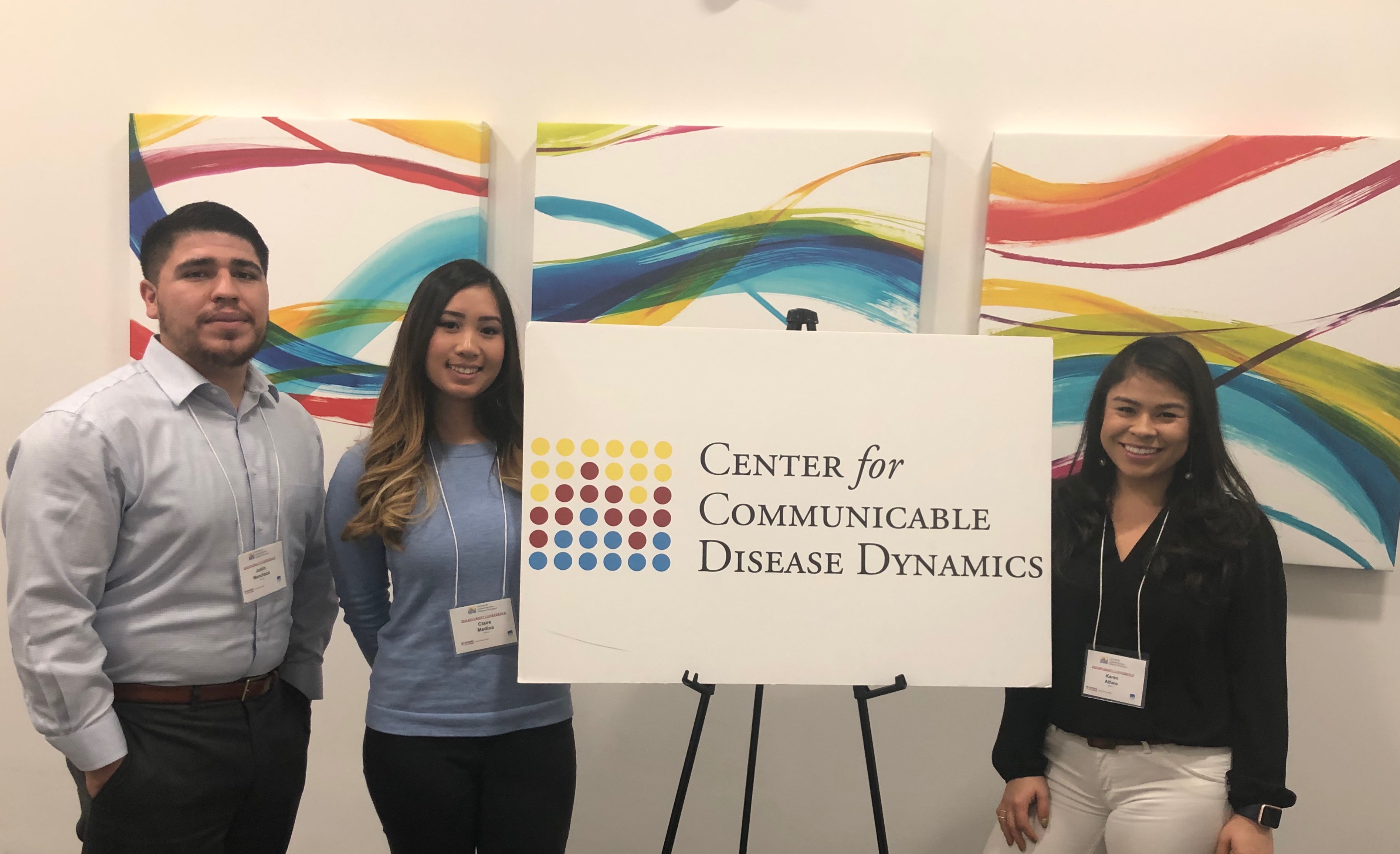
Career-Oriented Professional Programs:
The Public Health field is fast-growing in the workforce. With its emphasis on employability and professional development, our competence-based programs prepare leaders in areas ranging from clinical in-patient care and preventive healthcare to health promotion and population data science, and to community health education and ion management and therapy.
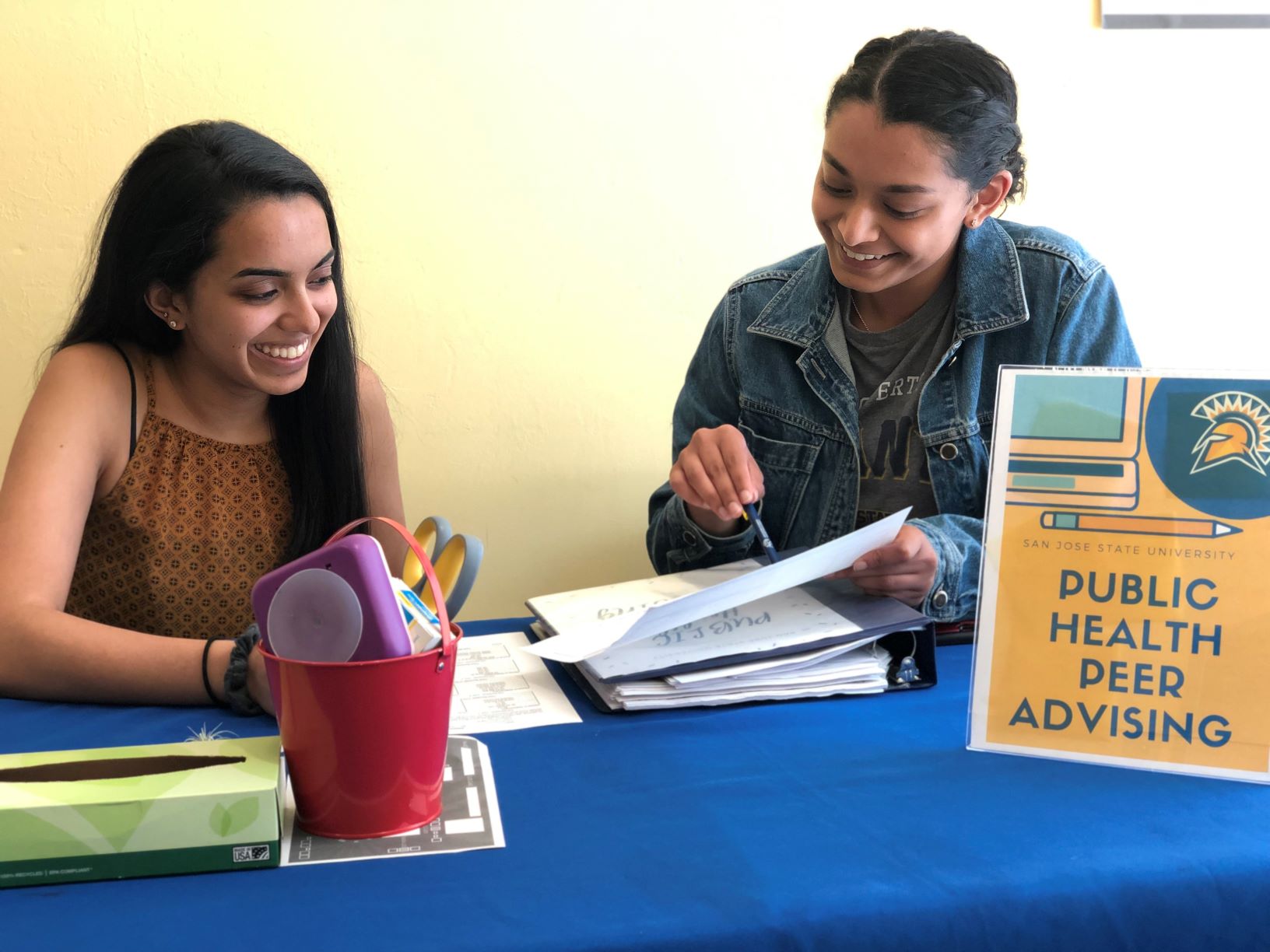
Hands-On Experiential Learning:
Our students pursue a variety of high-impact transformative opportunities for hands-on experiential learning through worksite internships, project-based learning, applied research, and community service-learning. This principle of learning-by-doing is integrated into our skills-based professional programs in order to meet the evolving needs of our Public Health field of practice.

Community-Building and Engagement:
We focus on building a community of learning through partnering with our alumni and industry/community allies so that each and every student feels and experiences a sense of belonging and connection within our programs. We invest our resources into our student advising, mentorship, and engagement, inside and outside of the classroom, all designed to facilitate the successes of our students both academically and professionally.
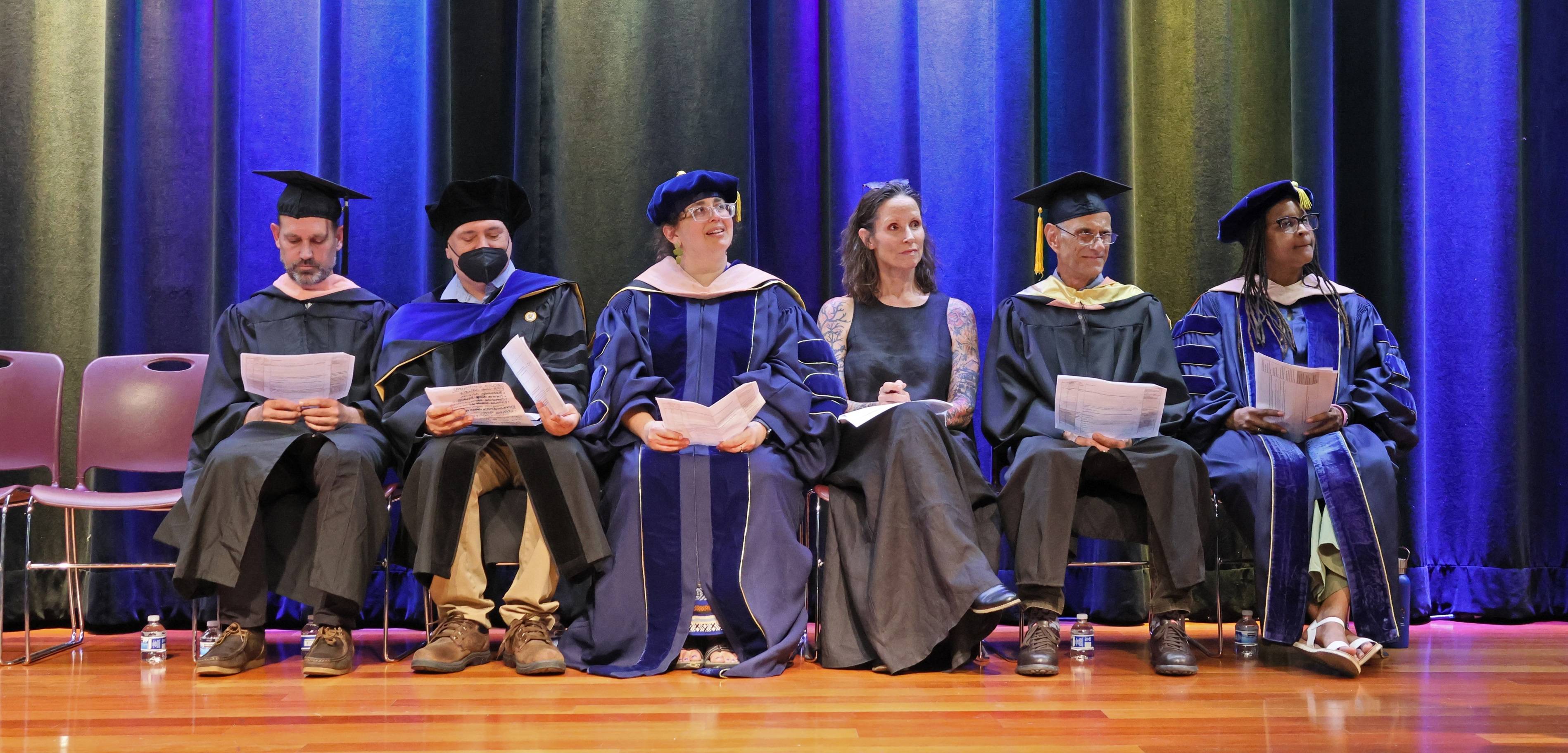
Caring Committed Faculty:
Our passionate, committed faculty are the ones who build trust and relationships with our students as role models to facilitate student engagement and success holistically. They play a key role in our teaching, research, and service to make a true difference and have a profound impact on the people and communities that we work with. Overall, our talented, caring faculty are the drivers of our journey to take our department to the next level, together.
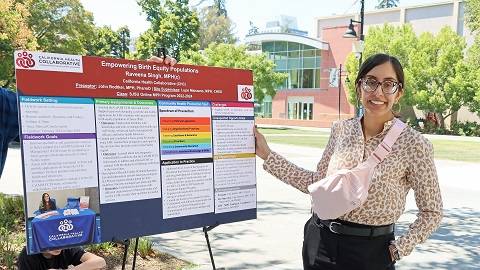
Social Justice and Determinants of Health:
Our department has the legacy of a strong, rich history, which is the foundation for our high-quality, rigorous, and relevant programs from career-oriented, social justice, and the social determinants of health perspectives. We are all committed to respectfully embracing, nurturing, and celebrating the diversity, equity, and inclusion (DEI) of people and its perspectives and actions.